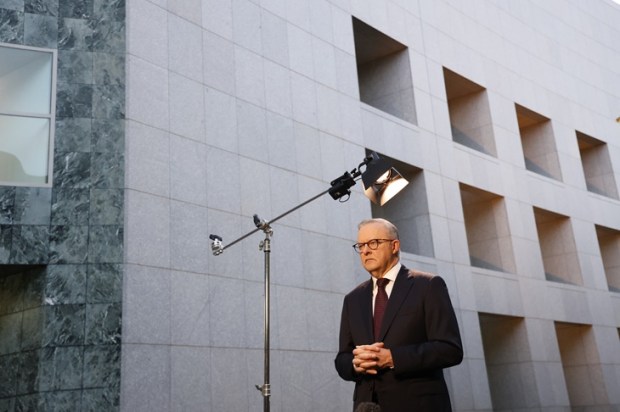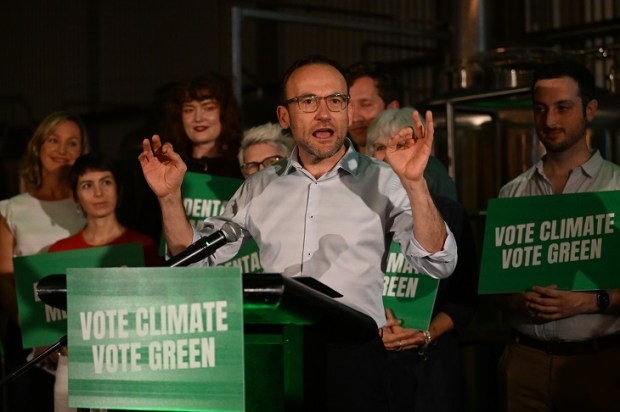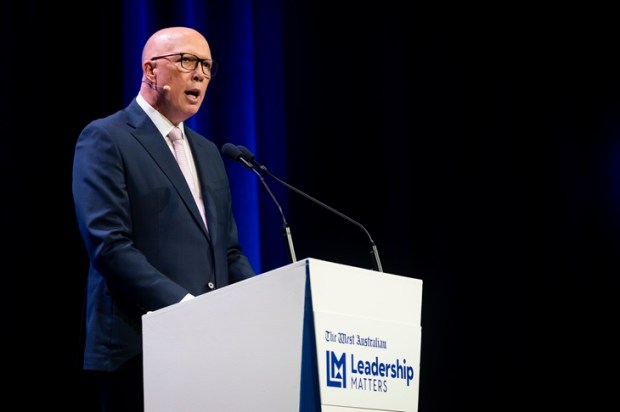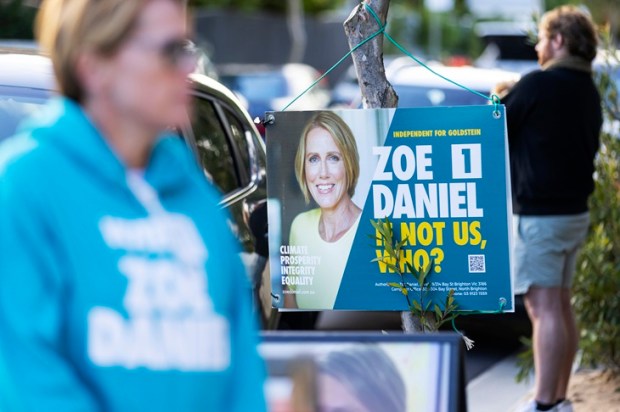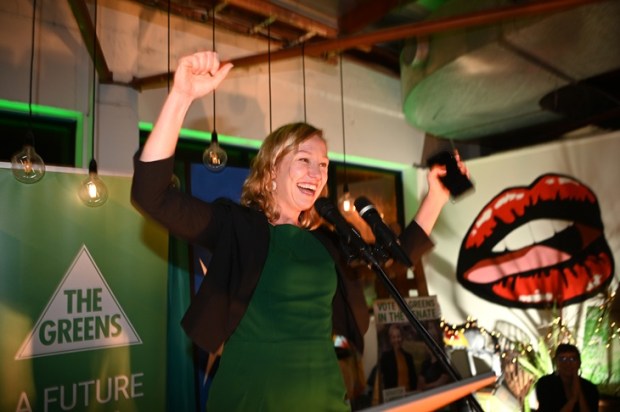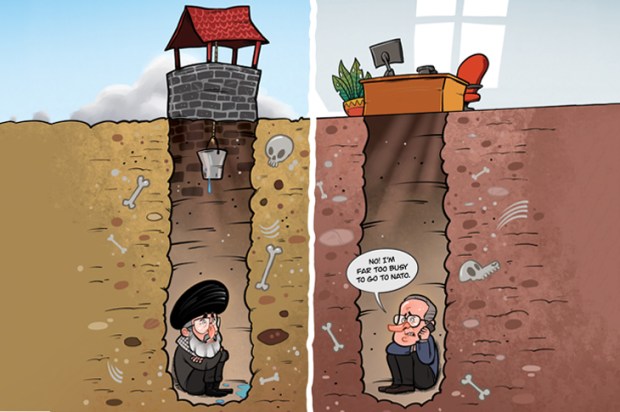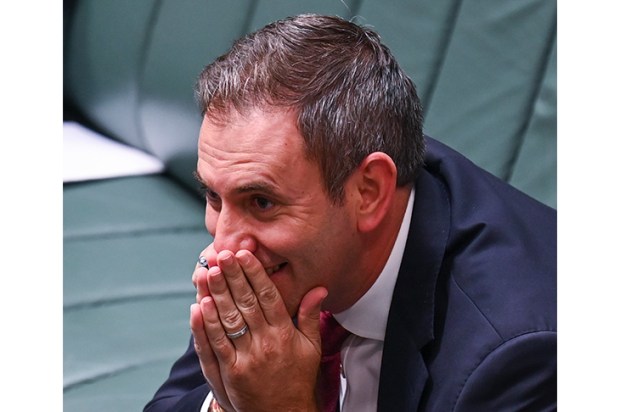As the Treasurer looks to the guest list for the cabinet room-sized productivity roundtable to be held in August, it is clear the family home is on the hit list. Instead of owning your home, you will pay land tax, effectively rent, to the government forever.
Productivity Commissioner Danielle Wood was previously chief of the Grattan Institute. A recent article by the Grattan Institute entitled Super tax should be just the start encapsulates Labor’s views on tax reform. Writing for the Grattan Institute in 2023, Danielle Wood stated:
‘I want to highlight it the land tax/stamp duty swap an example of a case where there is a broad consensus on efficiency benefits. Indeed, it may be the only policy where you could find the full spectrum of academic experts and think tanks in furious agreement.’
Chalmers’ aim is to achieve ‘consensus’ at the roundtable, but it seems consensus already exists.
The Australia Institute’s Richard Dennis agreed. At a Press Club address last year, Dennis stated:
‘I don’t mind if we tax land, but to be clear here in Canberra, we’ve shifted from stamp duty to land tax. And guess what? We’ve got expensive housing too. So we’re going to have to collect more tax.’
Alarmingly, head of the Tax and Transfer Policy Institute at the Australian National University, Robert Breunig recently stated:
‘…owner-occupied housing was undertaxed in Australia and the best way to fix this was via a broad-based land tax in place of state stamp duties on property purchases.’
Given the Treasurer’s statement about the limited number of stakeholders who might attend the productivity roundtable, and a recent report indicating a ‘broad land tax’ is on the agenda, Australians have reason for concern.
Stamp duty was supposed to be replaced by the GST.
Increasing the GST and applying it to all goods and services is a no-brainer. Regrettably, people get caught up in the welfare argument. But with the NDIS adding some $50 billion and counting to the welfare budget, there must be a trade-off somewhere. Some voices support increasing the GST, but they are few and far between.
Former Treasury head Ken Henry recently told Labor to stop ‘fiddling’ and to increase the GST.
EY chief economist Cherelle Murphy said that ‘pouring cold water on changes to the GST’ was a major constraint for the roundtable.
Julie Abdalla, head of the Tax Institute, who is concerned about the ‘unfair and dangerous legal precedent’ of taxing unrealised super gains, has long been an advocate for increasing the GST. She was right back in 2023 when she said:
‘The government could compensate lower earners for the hip-pocket shock caused by an increase in GST.’
There is no reason increasing the GST cannot be equitable, but the ‘dangerous precedent’ Labor is setting with super is just the tip of the iceberg.
Land tax is being touted as an efficient replacement for stamp duty, but it is disingenuous to replace a tax that should have died back in 2000 when the GST was introduced.
With the usual suspects likely to be at the roundtable, Australians can expect paying for their own homes forever to be normalised. By every definition, when you can’t ever own your own home, that’s called communism.
Sir Robert would have never approved.
Dr Michael de Percy @FlaneurPolitiq is the Spectator Australia’s Canberra Press Gallery Correspondent. If you would like to support his writing, or read more of Michael, please visit his website.




